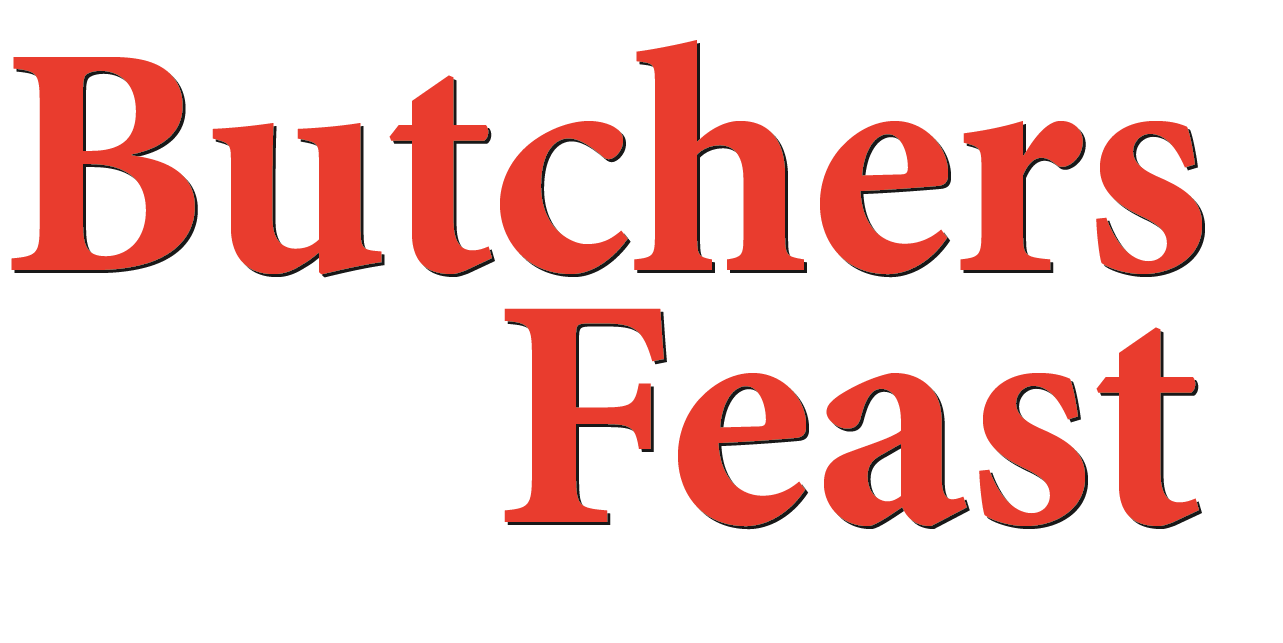Why We Use The Ingredients We Do In Our Butchers Feast De-Hydrated Blend
Whole Eggs contain all of the essential amino acids and are an excellent form of digestible protein containing riboflavin, selenium and are an excellent source of protein.
Tree Top Apples are a good source of dietary fiber and vitamin C which can help hip dysplasia, a common ailment in large and large, purebred dogs while low in saturated fat and sodium. Apples help calm the digestive system and has the ability to help the body absorb calcium and iron from other foods.
Broccoli and Green Beans have lots of green chlorophyll and is fully digestible and packed with nutrients.
Sweet Potato are low in Sodium and very low in Saturated Fat and Cholesterol, a good source of Dietary Fiber, Vitamin B6, Potassium, Vitamin A, Vitamin C and Manganese. Sweet potatoes have even been known to help regulate blood sugar levels in diabetics.
Carrots are high in vitamin A, rich in dietary fiber, antioxidants and minerals, low calorie, and low fat. They are also a good natural source of beta carotene, an antioxidant essential for neutralizing free radicals.
Milled Chia contain large quantities of protein, five times the calcium of milk, boron (a trace mineral that aids in the absorption of calcium into the bones), Omega oils 3 and 6, and can help regulate blood sugar levels and aid in maintaining a healthy weight. The seeds of chia plants can help maintain healthy cholesterol levels and blood pressure, and reduce risk of heart disease. These seeds have no discernible odor and almost no taste, which means they can be added to your dog’s meals without altering the flavors he loves. Seeds can be ground, eaten raw, or added to water, which will cause the seeds to produce what is called chia seed gel. This gel helps clean out intestines and slows digestion, allowing your dog’s body to absorb more of the incredible nutrients that chia seeds provide.
Kelp (seaweed) is a nutritional powerhouse containing Vitamin A, Vitamin C, Vitamin E, Vitamin K, folate, iodine, calcium, iron, magnesium, phosphorous, potassium, zinc, copper, manganese and selenium. Kelp benefits thyroid function, promotes heart health, helps fight and prevent cancer, is a powerful anti-oxidant, aids in healing skin disorders and enhancing coat health. It can be purchased in dried form at most health stores.
Flax Meal also known as linseeds, plays a significant role in canine cardiovascular health and skin and coat health since it is an important source of fiber and antioxidants, and it may have anti-tumor properties as well. omega-3 fatty acid and B vitamins, and ground flaxseed may be added in place of oils in the diet. It not only improves the shine of the pet’s coat but aids in the movement of food through the digestive system.
Bananas have Vitamins B6 and C, and potassium, adds natural acidophilus bacteria to the bowels in small amounts.
Blueberries have manganese, Vitamins B6, C, K, and fiber. They are rich in Vitamin A & C, Potassium, Fiber and various carotenoids which are valuable anti-oxidants.
Spinach is rich in vitamins and minerals. It’s concentrated in health-promoting phytonutrients such as carotenoids and flavonoids to provide powerful antioxidant protection against inflammatory problems, oxidative stress-related problems, cardiovascular problems, bone problems, and cancers at the same time. The vitamin K provided by spinach is important for maintaining bone health. Vitamin K1 helps prevent excessive activation of osteoclasts, the cells that break down bone. Additionally, friendly bacteria in the intestines convert vitamin K1 into vitamin K2, which activates osteocalcin, the major non-collagen protein in bone. Osteocalcin anchors calcium molecules inside of the bone. Spinach is also an excellent source of other bone-supportive nutrients including calcium and magnesium.
Parsley is packed with B vitamins, C vitamins, carotene, iron and calcium. In addition to its use for dog bad breath, it can stimulate the kidneys to filter out toxins and increase urine.
Facts To Keep In Mind When Selecting Your Protein
Beef is an excellent source of high quality protein.
Chicken is one of the best source of lean proteins, various vitamins, minerals and all nine essential amino acids while low in fat and cholesterol. It has significant amounts of phosphorous and potassium and selenium. Iron and zinc content in dark meat is much higher than that in white meat.
Turkey has more protein per gram than both chicken and beef while remaining lower in fat and cholesterol than other meats. It also delivers vitamins and minerals, especially niacin, which facilitates the conversion of food into available energy, and Vitamin B6, which is important for the health of the nervous system. Turkey also has selenium, which is essential for proper thyroid and immune function.
Feeding Guidelines
The guidelines are based on complete mix, dehydrated with a protein of your choice.
Weight of Dog (pounds) Active Cups per Day Less Active Cups per Day
5-10 pounds ¾ – 1 ¼ cups 2/3 -1 cup
11-20 pounds 1 ¼ – 2 ¼ cups 1 – 1 ½ cups
21-40 pounds 2 ¼ – 3 ¼ cups 1 ½ – 2 ¼ cups
41-75 pounds 3 ¼ – 4 ¼ cups 2 ¼ – 3 ½ cups
76-110 pounds 4 ¼ – 5 ¼ cups 3 ½ – 4 ½ cups
111-145 pounds 5 ¼ – 6 ¼ cups 4 ½ – 5/ ¾ cups


 Is your dog having health issues? Contact us for a consultation so we can help find a solution that meets your dogs health needs!
Is your dog having health issues? Contact us for a consultation so we can help find a solution that meets your dogs health needs!